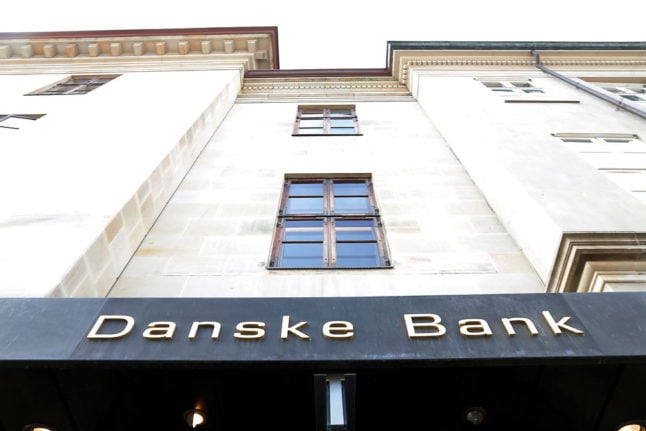The terms of the negative interest rate will depend upon whether the customer uses Danske Bank for their primary personal bank account – which in the Danish context means the so-called NemKonto, used for things receiving wages and automatic payments to the state.
Customers with a Danske Bank NemKonto and at least 1.5 million kroner (200,000 euros) deposited with Danske Bank and customers without a Danske Bank NemKonto with more than 750,000 kroner (100,000 euros) saved with the bank will in future pay interest rates of negative 0.75 percent, the bank announced in a press statement on Thursday.
“We must accept that the unusually low interest rates and the negative interest rates will continue for several years to come,” Danske Bank's Head of Personal Banking Denmark, Thomas Mitchell, said in the statement.
“At the same time, we can see increased interest in placing money with us from customers with whom we do not otherwise have business. That is unsustainable in the long run, and we feel compelled to let the interest rates impact on very large deposits,” he said.
Danske Bank is to exempt various types of savings such as pensions, investments and child savings, from the measure.
Several other Danish banks, including Jyske Bank, Sydbank, Nordea and Nykredit previously introduced various types of negative interest rate.
READ ALSO:
- Millionaires to be hit by negative interest rate at Danish bank
- Can you really get paid for borrowing money in Denmark?
All four lenders have an interest rate of minus 0.75 percent for deposits over 750,000 kroner.
More than 160,000 customers could be affected if all banks implement negative interest rates on customers with more than 750,000 kroner, according to the latest figures from Statistics Denmark, which are from 2017. However, this figure may be tempered by individuals who have money distributed between several banks.
Danske Bank estimates that the changes will affect one percent of their personal banking customers.
All of the banks have cited the generally low level of interest rates in Europe in implementing negative interest, resulting banks also having negative interest rates when they place money with Danmarks Nationalbank, the central bank in Denmark.



 Please whitelist us to continue reading.
Please whitelist us to continue reading.
Member comments